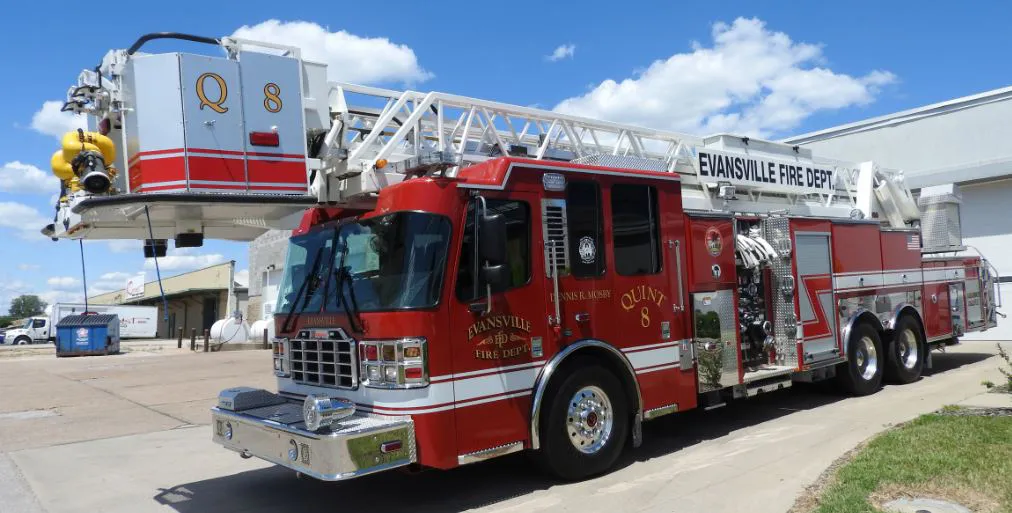Global Traffic Technologies (GTT) is to supply the city of Green Bay in Wisconsin, US with its Opticom GPS-enabled emergency vehicle pre-emption solution at four key intersections in the city.
June 15, 2017
Read time: 1 min
The Opticom solution is multimode, working with both the new GPS-enabled/radio technology, as well as areas that still use infrared signalling technology. When an emergency vehicle needs to navigate an intersection, the Opticom system on-board the vehicle sends a request to the intersection’s controller ahead of its arrival, which requests a green light, clearing a path to expedite the vehicle’s passage.










